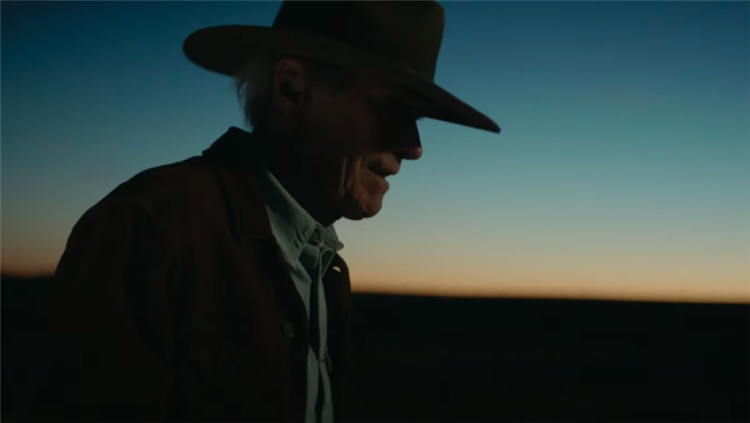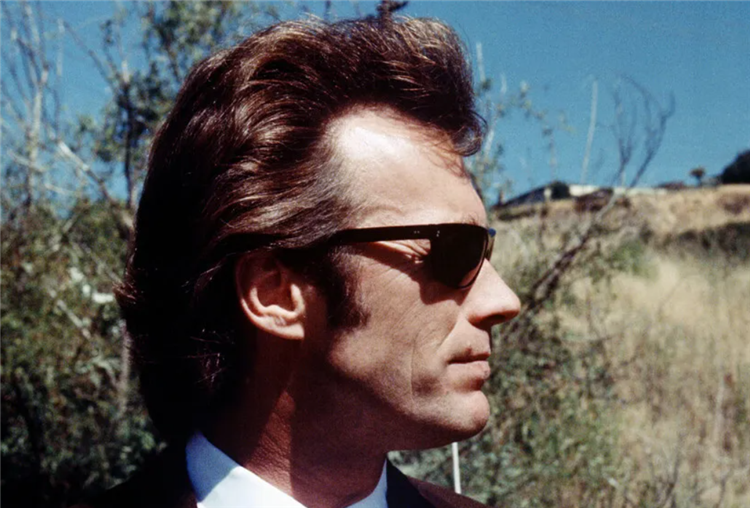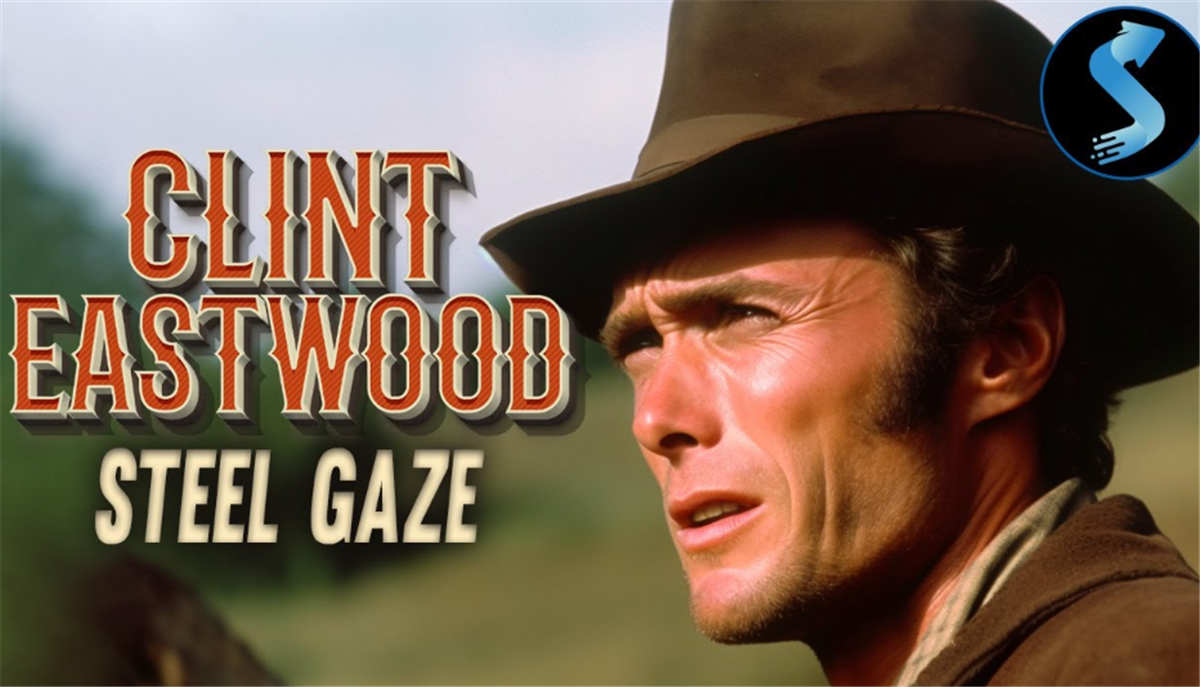Clint Eastwood is a name requiring very little introduction. He rose to fame in the 1960s as one of Hollywood’s prominent stars as he carved a career out as the tough guy. Having started acting mainly in Westerns, most notably in the TV series Rawhide and later in Sergio Leone’s Dollars Trilogy, he later earned his famous nickname after playing the part of anti-hero cop Harry Callahan in the five Dirty Harry films.
Over his six decades in the Hollywood limelight, Eastwood branched out into production and direction, earning four Academy Awards and four Golden Globes for his duties. The legend is still afoot at 92 and released his latest film, Cry Macho, just last year. As well as directing and co-producing the film, Eastwood starred in the lead role of Mike Milo, a retired rodeo star who’s tasked with reuniting a man with his estranged son.

Eastwood first had the chance to adapt Cry Macho in 1988, but he turned it down because he felt he was too young to pull it off. He was open to directing the film with Robert Mitchum as the star, but sadly it never materialised. He told Parade the idea “just kind of hung there” for decades after that, “And every other year, I’d go, ‘Whatever happened to that?’” he said.
Eastwood finally got round to ticking off Cry Macho in his 90s. “I don’t like to intellectualise on my own thoughts,” he said. “I just thought in the back of my mind that maybe it was time. I figured I was at the right age to go to Mexico City and kidnap a kid.”
Cry Macho, for those who haven’t seen it yet, explored the idea of machoism and the lengths some men will go to protect their masculinity. Eastwood’s character learns that it’s important to be open to changing one’s perspective over time as the world changes.

In an interview with the Los Angeles Times, Eastwood showed that this was something he, too, has come to learn: “One of the pleasures of my type of career is the search for things from different angles. You look at things differently now than when you were 30; you change or expand your thoughts as you get older. Or you look back at things you did right or wrong, and it’s fun to explore it at a different time in life. But I’ve been acting and directing for so long that I’ve gotten used to it.”
Elsewhere in the interview, Eastwood touched upon his acting philosophy, explaining that it’s important not to overthink things. “I never thought of acting as an intellectual sport,” he said. “You don’t want to overthink something. You want it to be emotional.”
“If you think about it too much,” he continued. “You can take it apart to the point where you don’t like it anymore. If you think about it four different ways, you forget what dragged you into it in the first place. It’s like somebody throwing a fast pitch across the plate. Just swing at it, step in, and go.
